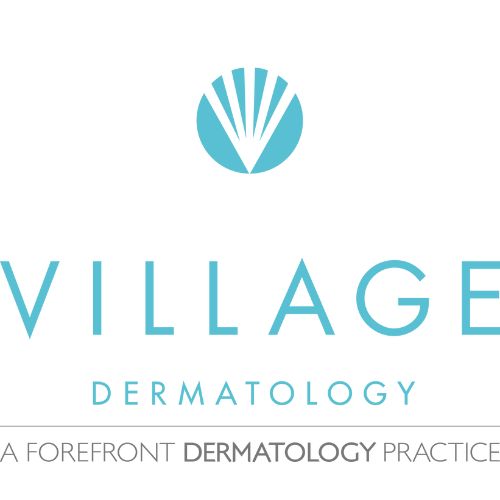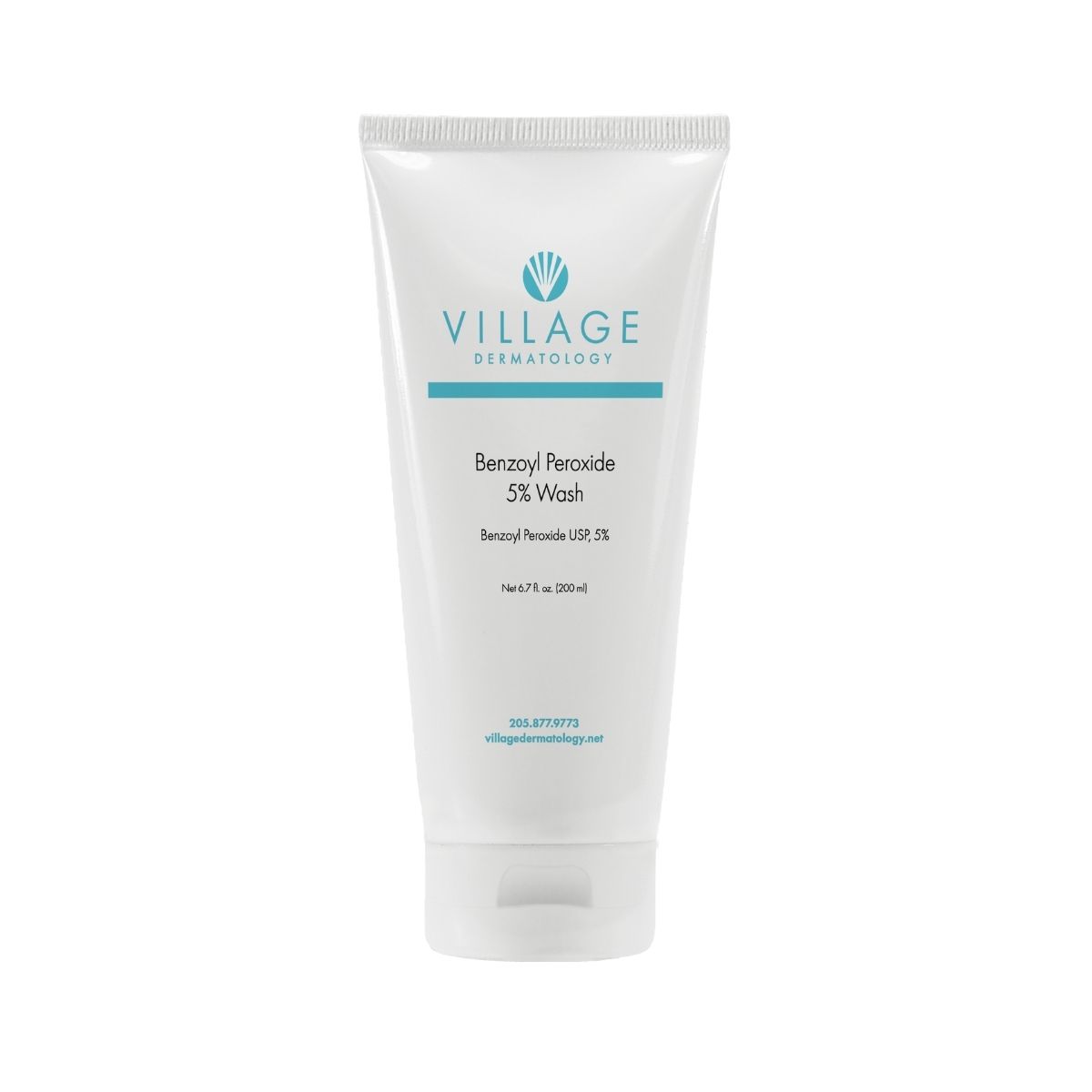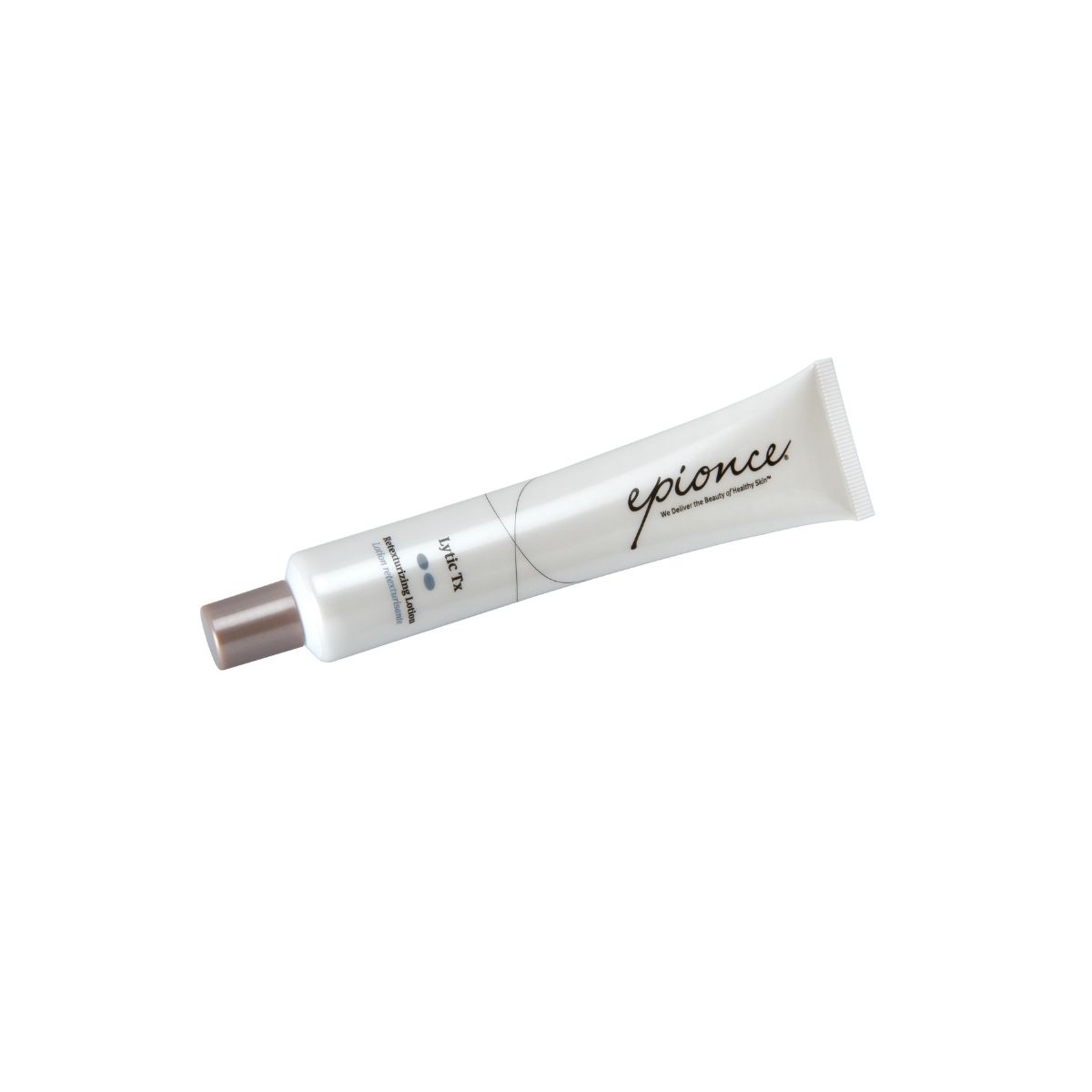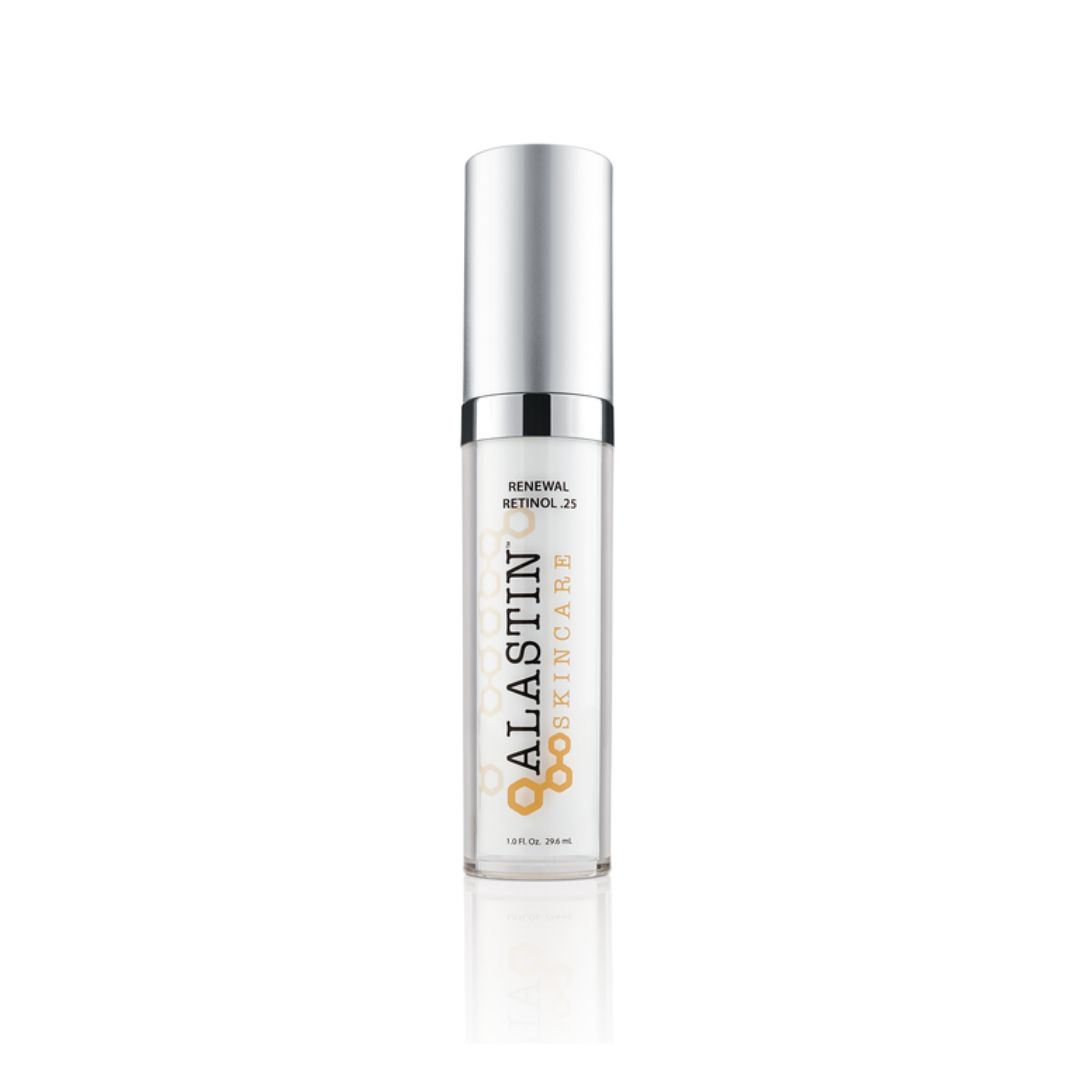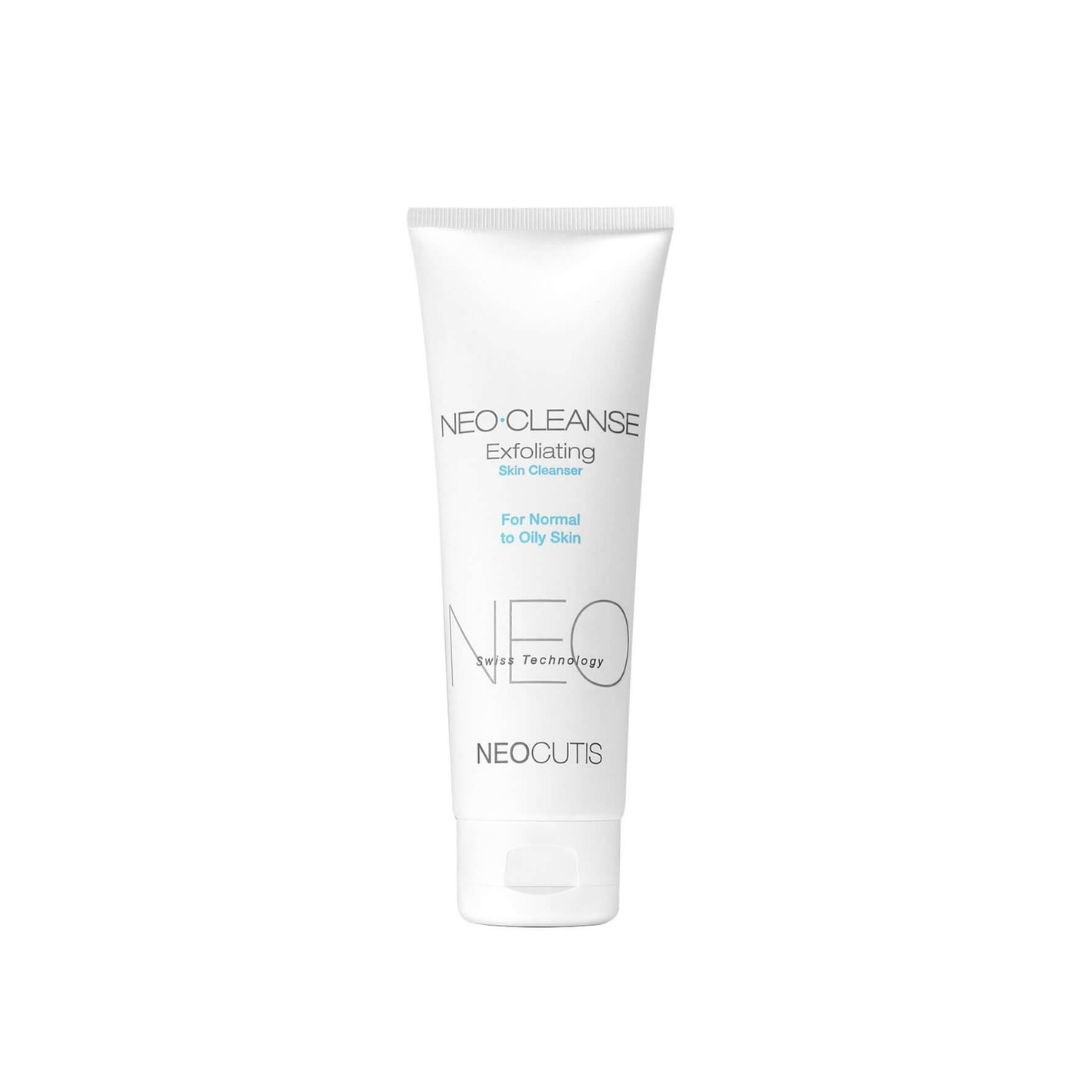Skincare Ingredients for Acne-Prone Skin
Acne can affect people of all ages. For some, dealing with acne can be a source of embarrassment when it comes to their social life and can impact their general mood. Thankfully, there are many skincare products specially formulated to treat acne. In this article, we will talk about four key ingredients in skincare products that are particularly beneficial for acne-prone skin.
Benzoyl Peroxide
Benzoyl peroxide is an antiseptic. It is a common ingredient in skincare products for acne-prone skin. Benzoyl peroxide helps to reduce the number of bacteria on the skin’s surface. It also unclogs pores by removing dead skin cells. Benzoyl peroxide can treat current acne lesions as well as reduce future breakouts. It is particularly effective in treating inflammatory acne with red, swollen, and sore bumps (pimples).
Benzoyl peroxide is found in both over-the-counter and prescription acne products. These anti-acne products include cleansers, foams, soaps, gels, lotions, and creams. Benzoyl peroxide skincare products are often the first line of treatment for acne-prone skin. Many individuals will benefit from starting with a lower concentration first and gradually moving up to higher concentrations of benzoyl peroxide.
Side effects from benzoyl peroxide are rare. This ingredient is generally well tolerated by people of all skin types. However, skincare products that contain benzoyl peroxide may cause itching, burning, redness, swelling, or peeling. If this occurs, you should stop using the anti-acne product immediately and see your dermatologist.
One of our favorite products with benzoyl peroxide is Village Dermatology’s 5% BPO wash
Village Dermatology’s BPO 5% cleanser uses a micronized Benzoyl Peroxide (BPO) that allows the active ingredient to penetrate the skin’s pores to ensure a gentle and effective cleansing.
Salicylic Acid
Salicylic acid is a beta hydroxy acid. It is an exfoliant that removes dead cells from the skin’s surface. It is a common ingredient in anti-acne skincare products. Salicylic acid works by unclogging pores. It also reduces sebum (oil) production in the skin, thus leading to fewer breakouts.
Over-the-counter skincare products usually contain lower concentrations of salicylic acid (0.5% to 2%). Medical professionals, like those here at Village Dermatology, can perform chemical peels using higher concentrations of salicylic acid. This ingredient treats pimples, blackheads, whiteheads, redness, and hyperpigmentation.
Salicylic acid is usually well tolerated by most people. However, it can cause mild skin irritation (burning or stinging). Other side effects can include dryness and peeling.
One of our favorite products with salicylic acid is Epionce’s Lytic Tx
Epionce’s Lytic Tx is a moderate-strength facial product that helps cleanse your skin’s pores while smoothing the appearance of skin texture without irritation. Lytic Tx also helps reduces redness and improve the appearance of acne-prone skin.
Retinol
Retinol is a naturally occurring derivative of vitamin A. It is a common ingredient in anti-acne and anti-aging skincare products. These products are available as serums, anti-wrinkle creams, and moisturizers.
Retinol works by exfoliating the outer layer of skin and removing dirt, excess oil, and dead skin cells. It unclogs pores and prevents pimples from developing. In addition, retinol penetrates the middle layer of the skin and stimulates collagen and elastin production. This helps restore the skin to a softer, supple, youthful appearance.
Besides retinol, other stronger retinoids are available, such as tretinoin (Retin-A) and isotretinoin (Accutane). Your dermatologist may prescribe prescription-strength retinoids for severe acne. However, retinol is less likely to cause skin irritation than stronger retinoids.
Over-the-counter anti-acne skincare products contain 0.25% to 1.5% retinol. If you have sensitive skin, starting off with a lower concentration of retinol is best. You can gradually increase the concentration as long as you don’t have side effects.
One of our favorite products with retinol is Alastin’s Renewal 0.25 Retinol
Epionce’s Lytic Tx is a moderate-strength facial product that helps cleanse your skin’s pores while smoothing the appearance of skin texture without irritation. Lytic Tx also helps reduces redness and improve the appearance of acne-prone skin.
Alpha Hydroxy Acid (AHA)
Alpha hydroxy acids (AHAs) are plant- and animal-derived acids. They are commonly found in skincare products for acne-prone skin. Examples of AHAs include glycolic acid, lactic acid, and citric acid. Alpha hydroxy acids can prevent acne breakouts. They also help to correct skin discoloration, make skin softer and smoother, brighten your complexion, and make it easier for other skincare products to penetrate the skin.
Alpha hydroxy acids work by exfoliating the skin, i.e., they help the skin shed dead cells and clear debris. Dead skin cells and debris clog pores, leading to bacteria growth. Exfoliation with AHAs helps to remove the clogs and clear the skin. Glycolic acid and lactic acid can also help to fade acne scars.
Alpha hydroxy acid can be an ingredient in toners, serums, and moisturizers. In general, anti-acne skincare products contain AHAs in under 10%. You should start using low-concentration AHA products every other day and gradually increase the concentration and frequency of application. Dermatologists do not advise using products with more than 15% AHA concentration. Higher AHA concentrations are more likely to cause side effects like itching, burning, blisters, and inflammation. Your dermatologist may offer a chemical peel with higher concentrations of glycolic acid as an office procedure.
One of our favorite products with alpha hydroxy acid is Neocutis’s Exfoliating Cleanser
This amazing facial cleanser contains 9.9% glycolic acid (which is an AHA) gel cleanser to help reveal vibrant skin and removes impurities that cause acne. Produced without harsh sulfates, dyes, or fragrances, this cleanser renews your skin without drying it out.
Acne Skincare Ingredients
We hope this article has helped you understand some of the popular skincare ingredients in acne products. If you are unsure where to start, do not hesitate to contact our dermatology team or Skincare Specialists in our Skin for Life Boutique.

